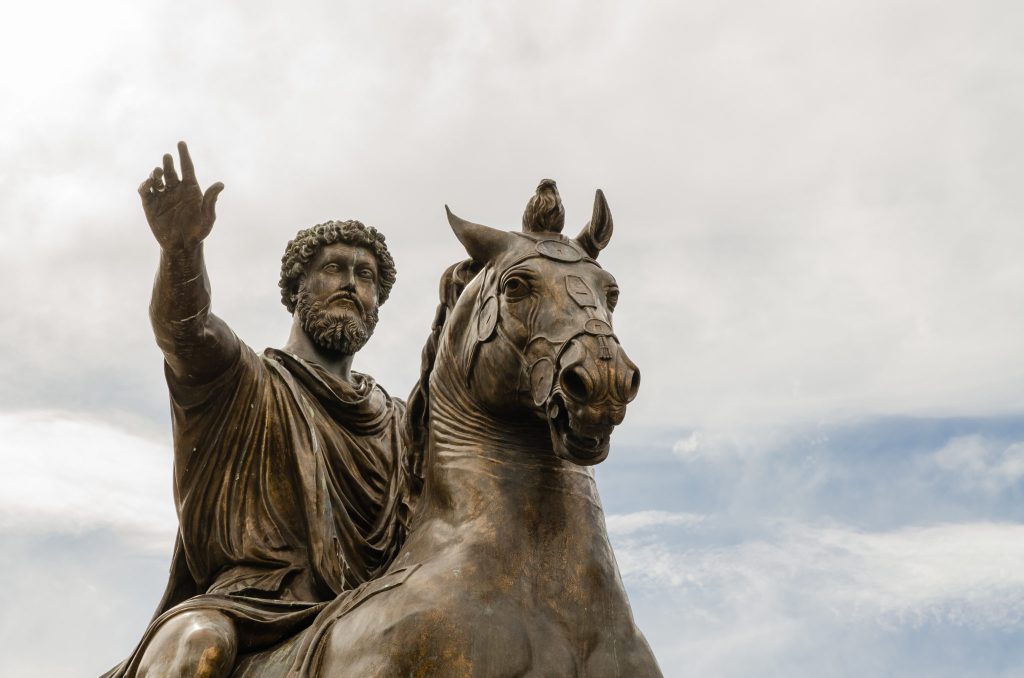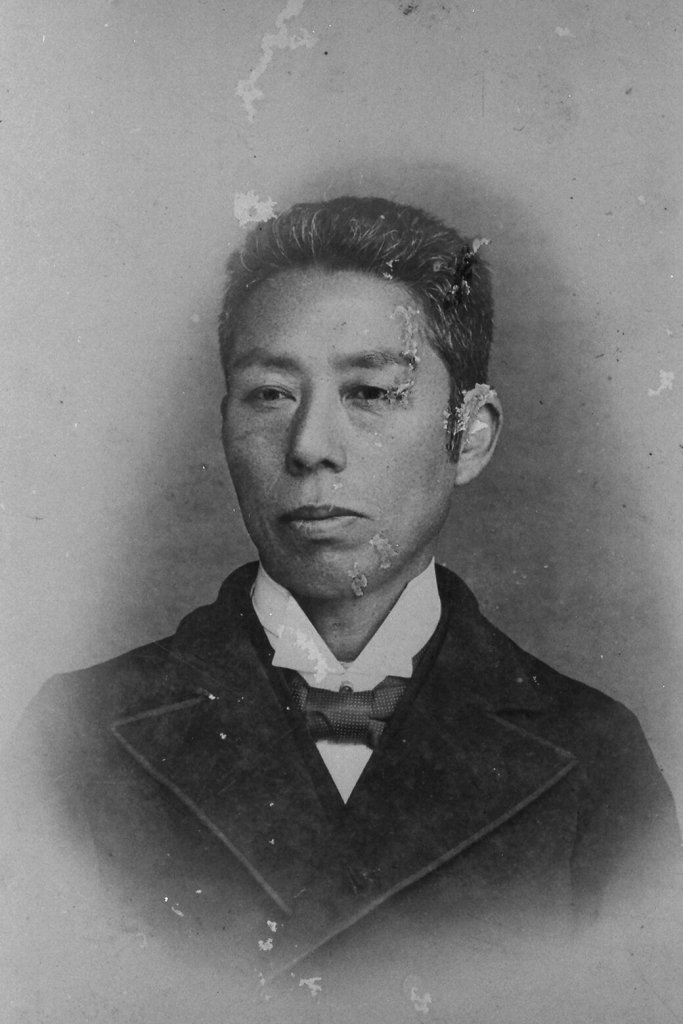Practicing philosophy invites the opportunity to bring it into aspects of life that you may not have thought about initially. In my case, I’ve become interested in the philosophy of Stoicism and over the course of learning, it’s made me curious to see how it could be introduced into other topics I find intriguing.
It’s for that reason I’m exploring Stoicism through the lens of sake brewing and how the four Stoic principles of courage, wisdom, temperance and justice is embodied in the sake industry.
What is Stoicism?
Stoicism is a school of philosophy that originated in Ancient Greece and was founded by Zeno of Citium. Often misrepresented as the idea of being ‘emotionless’ and ‘indifferent’, Stoicism is a practice that can be utilised for self-improvement, active participation in the world and to become a better person through the relationships we build.
When applying Stoicism to alcohol, it’s important to think of how the ancient Stoics perceived drinking.

What did the ancient Stoics think of alcohol?
The Stoic approach to alcohol is multi-faceted and cognitive behavioural psychotherapist Donald Robertson has written a fantastic article on how the ancient Stoics viewed alcohol.
Robertson writes that “the Stoic wise man (or woman) views alcohol itself with studied indifference and focuses instead on the use he makes of it. Everything can be used either well or badly, according to the Stoics.
So the wise man pays attention to the present moment and whether he is acting wisely or foolishly, with self-discipline or recklessness, in a healthy manner or an unhealthy one, and so on. To help ourselves make progress in this direction, we should actually set aside time to study how people we admire cope with temptation, trying to learn from their attitude and emulate their behaviour.”
What I interpret this to mean is that while Stoics like Marcus Aurelius generally tried to abstain from indulging in a lot of alcohol, they also viewed avoiding it at all costs to be unnecessary, if it became an all-consuming drive.
Other Stoics such as Seneca and even Cato The Younger were known to drink, with the latter using it as a social tool to be among other philosophers and to debate at dinner parties.
So, what matters to Stoics is how alcohol is used and it’s through this perspective that I think there’s a connection between the philosophy and sake brewing.
How does Stoicism relate to sake?
The Stoic principles of courage, wisdom, justice and temperance are relatable in the context of the sake industry and here’s why I think they matter:
Courage
When we think of courage, it’s the idea of being brave and being able to stand up with our convictions. The ancient Stoics were courageous in their approach to life, being active participants in the politics of Rome and this is a defining principle of many sake makers too.

Sake brewers have the courage and resilience to work long shifts during the sake production process. They have the bravery to move forward with the industry and a shining example of this is Senzaburo Miura, the man who invented the low temperature fermentation method that’s become synonymous with ginjo sake.
Active during the 1870s, Miura had been struggling to brew sake with soft water from the Akitsu area of Hiroshima. He understood that not all Hiroshima water was the same, as the water from Saijo had medium-hard water.
As Miura had travelled widely, he knew the difference between hard and soft water and so applied this knowledge to his sake and had the courage to change the industry forever.
It’s the spirit of innovation that Hiroshima breweries embody through the credo “try a hundred things and make a thousand improvements.” A clear tenet of Stoicism.
Wisdom
In a Stoic sense, wisdom is the virtue of knowing when to apply the other principles of courage, temperance and justice. It’s the ability to navigate the world and sake breweries convey wisdom across all aspects of producing nihonshu.
This is personified by the toji (master brewers), who must use their wisdom to harness the natural ingredients used for sake making. It’s also about knowing how to pass this knowledge on to a new generation of sake brewers and ensuring that the industry continues to evolve and survive.
Temperance
Temperance, or self-control, is another key Stoic principle that applies to how people regulate their emotions and approach different situations. Self-control is a huge part of the sake production process, as many variables need to be planned for and controlled.
An example of this occurs during the rice washing and soaking phase. Nihonshu brewers wield a stopwatch to see how long the rice is soaking for in order to get the timing just right.
On a larger scale, temperance is applied throughout the whole sake making process. Everyone involved must be patient and allow the water, yeast, koji and rice to work at a pace in which they are comfortable to produce something truly magical.

Justice
Arguably the most important Stoic virtue of all, justice is about doing the right thing. About living the kind of life that makes the world a better place and helping the people around us.
Justice is a vital principle in the sake industry, felt by the producers and those who work to get it into the hands of people all over the world. From a production perspective, sake breweries are focused on working in harmony with nature and keeping the environment strong.
From an import and export perspective, justice is making sure the hard work of the breweries is recognised. That interests are protected and that the industry is elevated in workshops, talks, webinars, shops and more.
Closing thoughts
From the tireless pursuit of good work to passing knowledge down to new generations, there are many similarities between the characteristics of Stoic philosophers and the traits of sake brewers.
And while people like Marcus Aurelius and Epictetus may never have been exposed to nihonshu, I like to think they would be able understand its merits as a social lubricant, bridge between worlds and a culture crosser for bringing new ideas to life.